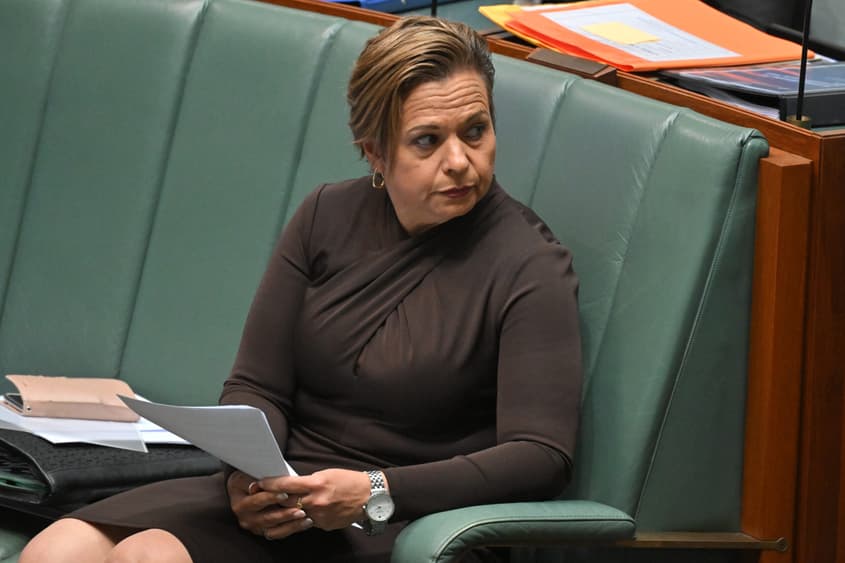The proposed laws preventing public access to key government documents directly contradict a key Robodebt Royal Commission recommendation.
Tue 7 Oct 2025 15.00

Photo: AAP Image/Mick Tsikas
Proposed laws preventing public access to key government documents directly contradict a key Robodebt Royal Commission recommendation, according to new research.
The research, conducted as part of the Australia Institute’s Democracy & Accountability Program, found that while the Royal Commission recommended making cabinet documents easier to access, the Government’s proposed changes would block access to even more documents.
The report – The Price of Freedom– examined the difficulty investigating, exposing and, ultimately, ending the Robodebt scheme, because so many relevant documents were protected by the cabinet exemption under FOI laws.
The Robodebt scheme incorrectly and unfairly demanded urgent repayment of non-existent welfare debts from some of Australia’s poorest citizens.
It pushed many further into debt and was subsequently linked to multiple deaths.
“If cabinet documents had been public, the unlawful and cruel Robodebt scheme could have been exposed and prevented,” said Bill Browne, director of the Australia Institute’s Democracy & Accountability Program.
“For that reason, the Robodebt Royal Commission recommended making cabinet documents available under FOI.”
“Instead, the Albanese Government wants to make documents even harder to access, in defiance of the Royal Commission, increasing the risk the next Robodebt will happen in secret.”
Legal experts agree the proposed changes to FOI laws are a move in the wrong direction.
“The over-use of the cabinet document exemption and other problems with the FOI system are critical reasons why Robodebt was allowed to continue with impunity for so long,” said Maria O’Sullivan, Associate Professor at Deakin Law School.
“The proposed changes to the FOI Act will actually expand the cabinet exemption even further.”
The new research took a broad look at the nation’s FOI laws, beyond the protection of cabinet documents.
At the time the proposed amendments were introduced, Prime Minister Anthony Albanese and Attorney-General Michelle Rowland claimed the FOI scheme was being swamped with spam applications, making the system slow, expensive and inefficient.
But the research found that it was government inefficiency, not the number of requests, increasing wait times and costs.
It found:
The report also concluded that the proposed amendments to the Freedom of Information Act would make things worse, rather than better:
“Last year, it took over 50 hours to decide a single FOI request, up from 13 hours in 2007,” said Bill Browne.
“In other words, the Albanese Government employs four public servants to do what only took one public servant under the Howard Government. If the Government is serious about improving productivity, it should start with how it runs the FOI system.
“The Albanese Government wants to charge the public for FOI requests, but the fees for a whole year’s worth of FOI requests wouldn’t cover the FOI regulator’s legal fees in a single court case. In the last year of the Howard Government, 27,500 FOI requests were granted in full – compared to just 4,500 granted in full last year.”
“Information is to democratic participation as water is to life. People often take water for granted, until it stops flowing,” said Rex Patrick, founder of the Whistleblower Justice Fund.